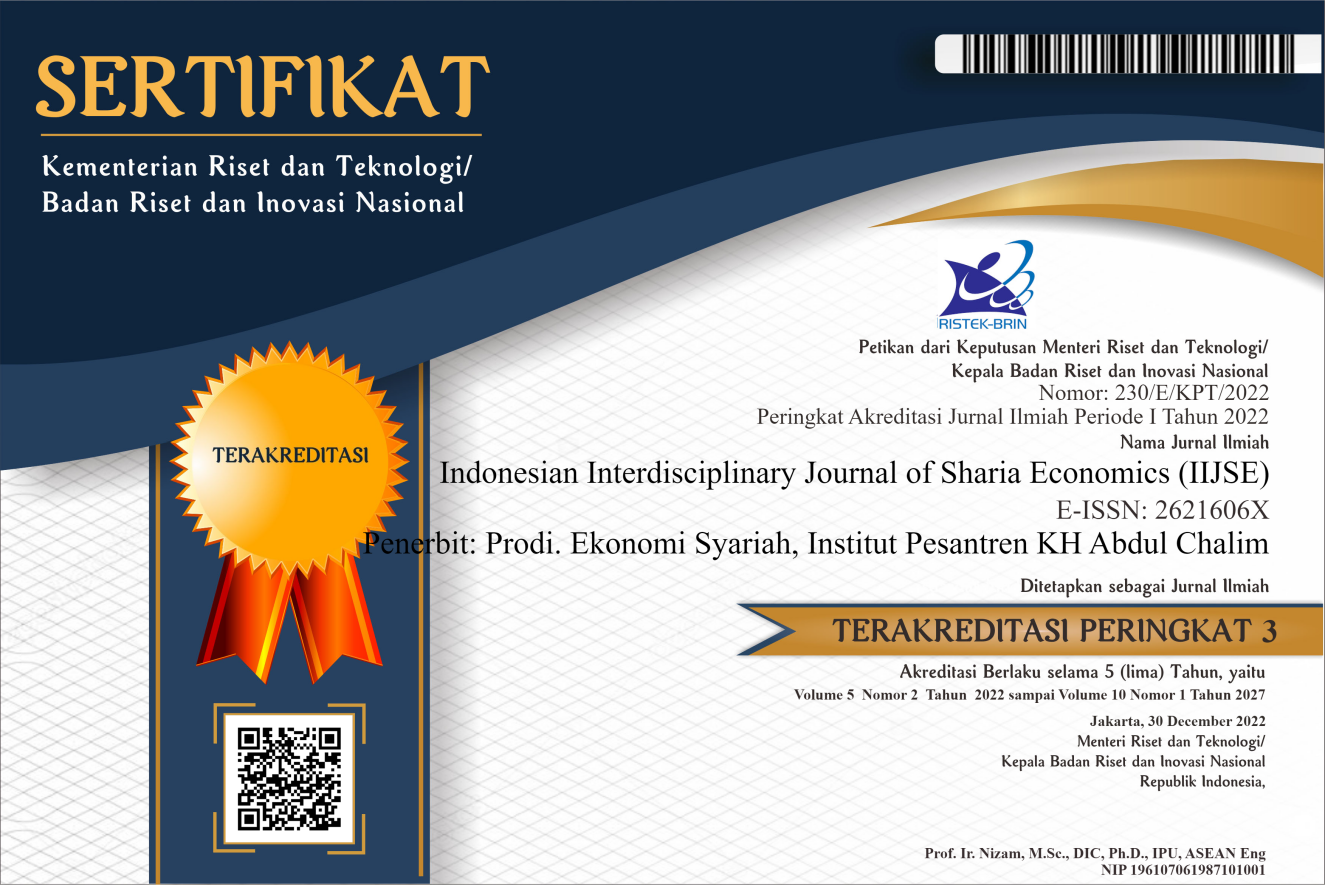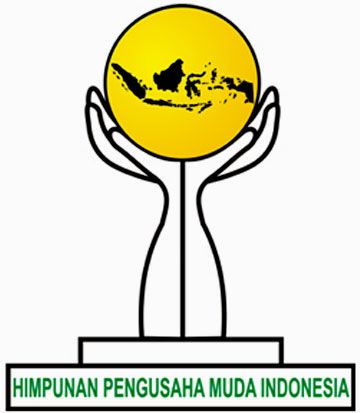Determinants of Fraud Tendency With Internal Control System (SPI) as a Moderating Variable (Study of Savings and Loan Cooperatives in Sikka District)
Abstract
This study aims to test the effect of fraud diamond theory on fraud tendencies with internal control systems as moderating variables. This study uses 135 sample data taken using a purposive method based on criteria. The research method used is quantitative with a survey approach. The data used in this study is a questionnaire. Data analysis using Moderated Regression Analysis. The study's results indicate that rationalization and capability positively affect fraud tendencies and internal control systems moderate the effect of capability on fraud tendencies. The results also show that pressure and opportunity do not affect fraud tendencies while internal control systems do not moderate the effect of pressure, opportunity, and rationalization on fraud tendencies. Based on the results of the study, savings and loan cooperatives in Sikka Regency do not provide pressure but provide motivation and compensation to meet every need and improve the internal control system.
Downloads
References
ACFE. (2016). Reports The Nation on Occupational Fraud and Abuse. Texas: Association of Certified Examiners
Albrecht, W. S., Albrecht, C. O., Albrecht, C. C., & Zimbelman, M. F. (2011). Fraud Examination. Mason, OH: South-Western Cengage Learning.
Anggono, Alexander, and Eklamsia Sakti. (2021). “Detecting Indications of Financial Statement Fraud: A Hexagon Fraud Theory Approach.” Jurnal Akuntansi 13, no. 1. Pg 119–31.
COSO. (2013). Internal Control-Integrated Framework: Executive Summary. Durham. North Carolina.
Cressey, D. R. (1953). Other People's Money: A Study in the Social Psychology of Embezzlement. New York: Free Press.
Ghozali Imam. (2011). Aplikasi Analisis Multivariate Dengan Program SPSS. (Badan Penerbit Universitas Diponegoro (ed.)).
Sudaryana, Bambang, and Ricky Agusiady. (2022). Metode Penelitian Kuantitatif. Yogyakarta: Budi Utama.
Sugiyono. (2019). Metode Penelitian Pendidikan Pendekatan Kuantitatif,Kualitatif Dan R&D.Bandung: Alfabeta.
Wati, N. W. A. E., Indraswarawati, A., & Windika P, T. (2021). Analisis Kompetensi Dan Pemahaman fraud Dalam Mendeteksi Fraud Pada Koperasi Simpan Pinjam. KRISNA: Kumpulan Riset Akuntansi, 13(1), 136– 146. https://doi.org/10.22225/kr.13.1.2021.136-146
Copyright (c) 2024 Fransiska Trisyami Irmayati Subu, Lilis Ardini, Kurnia Kurnia

This work is licensed under a Creative Commons Attribution-ShareAlike 4.0 International License.
Authors who publish with this journal agree to the following terms:
- Authors retain copyright and grant the journal right of first publication with the work simultaneously licensed under a Creative Commons Attribution License that allows others to share the work with an acknowledgment of the work's authorship and initial publication in this journal.
- Authors are able to enter into separate, additional contractual arrangements for the non-exclusive distribution of the journal's published version of the work (e.g., post it to an institutional repository or publish it in a book), with an acknowledgment of its initial publication in this journal.
- Authors are permitted and encouraged to post their work online (e.g., in institutional repositories or on their website) prior to and during the submission process, as it can lead to productive exchanges, as well as earlier and greater citation of published work.


















